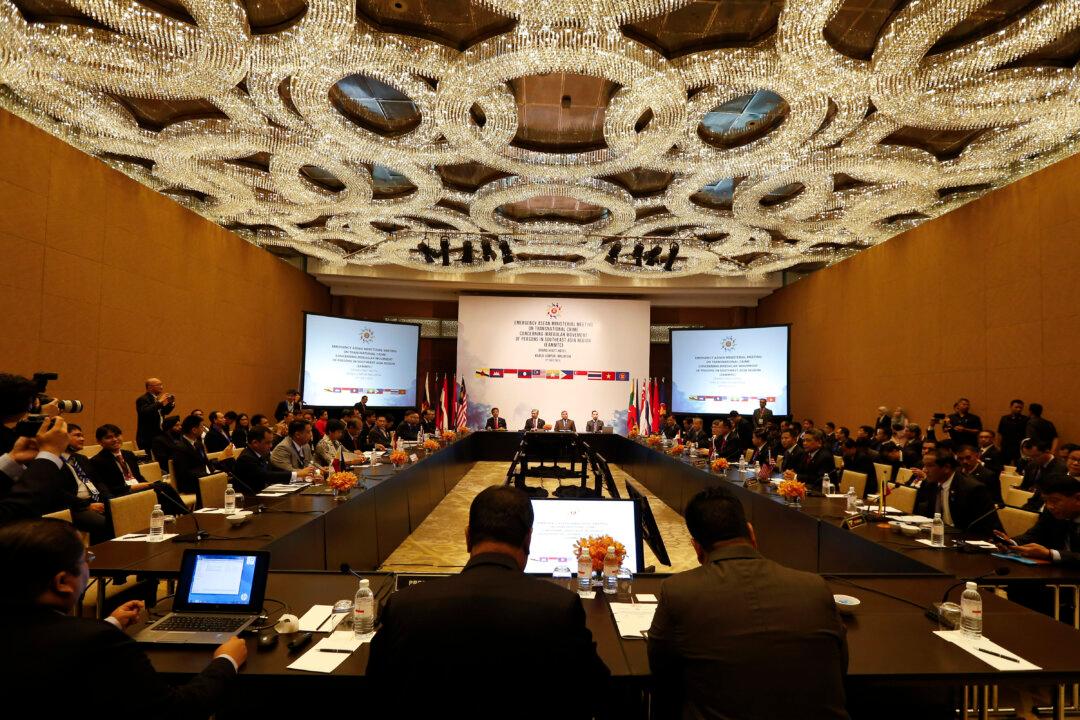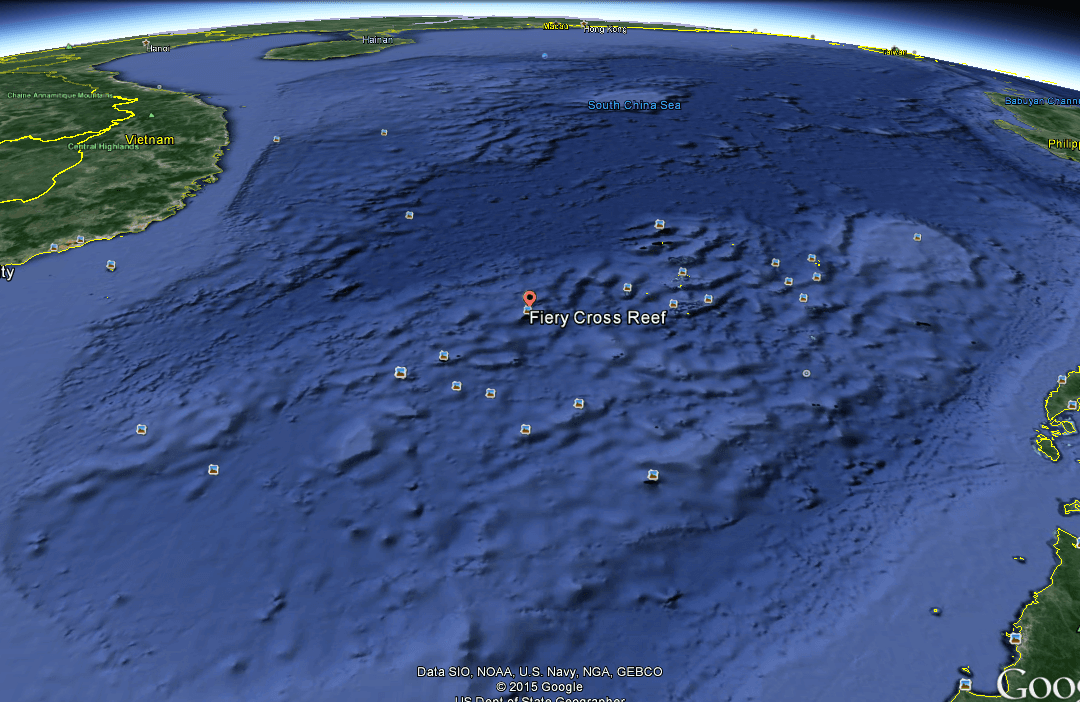Focus
Fiery Cross Reef
LATEST
China Lands Military Plane in South China Sea
China just landed a military plane on the Fiery Cross Reef, one of their artificial islands in the South China Sea.
|
China Rejects Vietnam Protest Over Sea Flight Test
China rejected a protest from Vietnam over a flight test it has conducted on a new airstrip on a man-made island in the South China Sea, saying it is part of China’s territory.
|
Is ASEAN Losing Its Way?
The charter for the Association of Southeast Asia Nations emphasizes economic growth and principles that support cooperation, renunciation of the use of force, mutual respect for members, and rejection of external interference or coercion. ASEAN’s track record for peaceful resolution of disputes through consensus may be at risk as unity erodes, warns author and researcher Amitav Acharya. Members are divided about how to respond to China’s increasingly assertive influence in the region, particularly over claims in the South China Sea. ASEAN’s expansion in membership and functions, along with competing interests and reliance on China, contribute to the disunity. Acharya reminds that ASEAN began at the height of the Vietnam War in 1967 with five members—Indonesia, Malaysia, Philippines, Singapore and Thailand; a decade later the group condemned Vietnam’s invasion of Cambodia as a threat to regional stability. ASEAN now has 10 members, and four have overlapping claims with China in the South China Sea. ASEAN could lose relevance by not taking a diplomatic stand on such issues.
|
China Builds Military Runway on Its Self-Made Spratly Island
After building an artificial island on the Fiery Cross Reef in the disputed Spratly Islands, the Chinese regime is now building an airstrip on it.
|
China Lands Military Plane in South China Sea
China just landed a military plane on the Fiery Cross Reef, one of their artificial islands in the South China Sea.
|
China Rejects Vietnam Protest Over Sea Flight Test
China rejected a protest from Vietnam over a flight test it has conducted on a new airstrip on a man-made island in the South China Sea, saying it is part of China’s territory.
|
Is ASEAN Losing Its Way?
The charter for the Association of Southeast Asia Nations emphasizes economic growth and principles that support cooperation, renunciation of the use of force, mutual respect for members, and rejection of external interference or coercion. ASEAN’s track record for peaceful resolution of disputes through consensus may be at risk as unity erodes, warns author and researcher Amitav Acharya. Members are divided about how to respond to China’s increasingly assertive influence in the region, particularly over claims in the South China Sea. ASEAN’s expansion in membership and functions, along with competing interests and reliance on China, contribute to the disunity. Acharya reminds that ASEAN began at the height of the Vietnam War in 1967 with five members—Indonesia, Malaysia, Philippines, Singapore and Thailand; a decade later the group condemned Vietnam’s invasion of Cambodia as a threat to regional stability. ASEAN now has 10 members, and four have overlapping claims with China in the South China Sea. ASEAN could lose relevance by not taking a diplomatic stand on such issues.
|
China Builds Military Runway on Its Self-Made Spratly Island
After building an artificial island on the Fiery Cross Reef in the disputed Spratly Islands, the Chinese regime is now building an airstrip on it.
|




